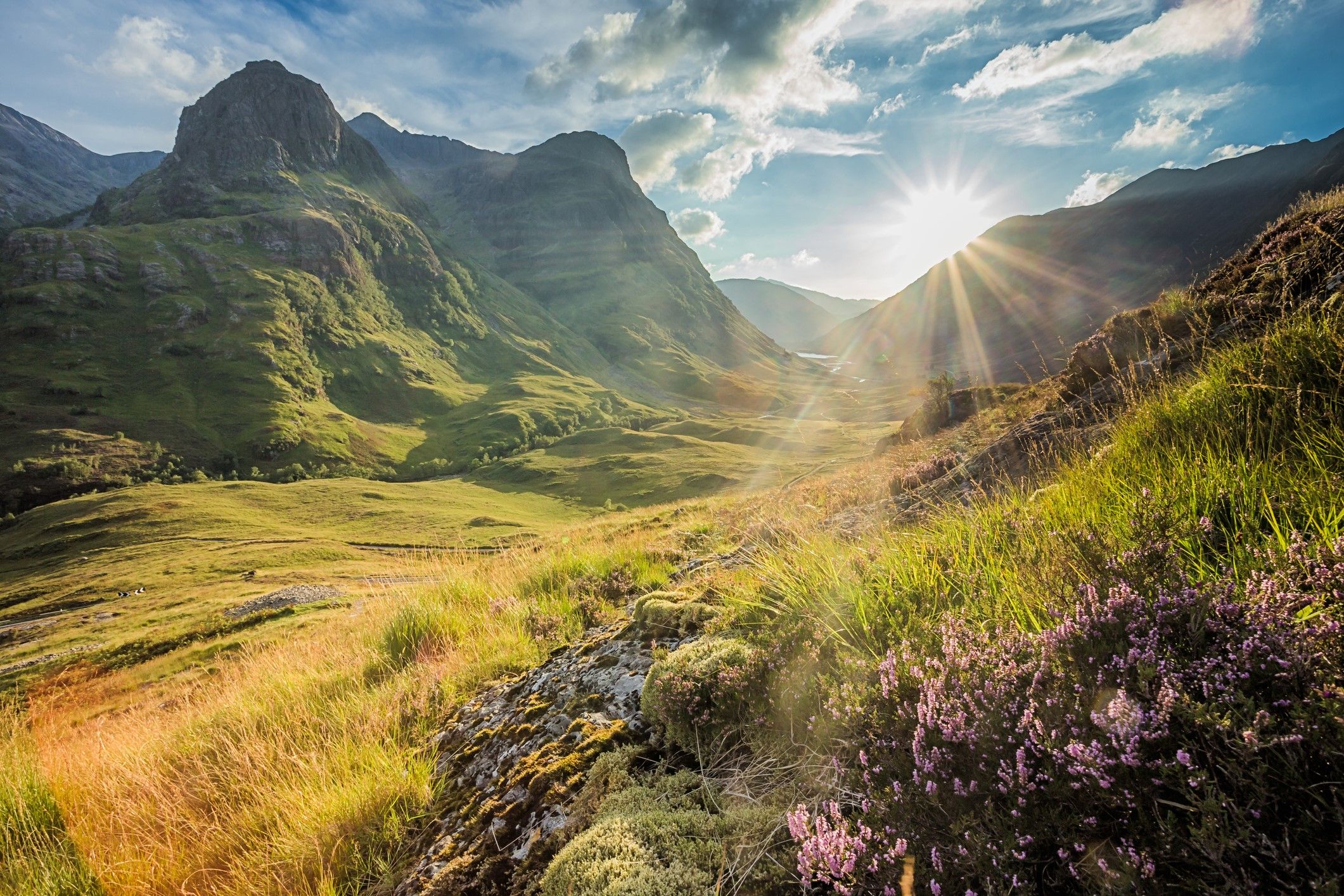Don't burn your kids' future
Amelia Tate, St Philomenas Catholic High School for Girls
Friday 5th November 2021
On the fifth day of COP26, the future generation of the world took over, with the topic being youth and public empowerment day. This day was particularly significant as it aimed to elevate the ideas and opinions of young people, including the changing of the curriculum to educate pupils on sustainability and climate change. Today also included youth activists taking the spotlight of the summit to share their own opinions about what should happen with the climate emergency.
Within just the first week of the COP 26 climate summit, many world leaders have made promises and commitments surrounding the climate catastrophe, possibly cutting carbon dioxide emissions down to around 40%. But this has been criticized by climate activists such as Greta Thunberg stating that “COP26 is a failure” and suggesting that the summit has just “turned into a PR event”, with world leaders making false promises. This is because many countries have still failed to commit to any drastic action to stop or slow down the extreme effects of climate change. After hearing this, I realised that despite the fact that many different countries and leaders were striving towards climate goals, the action following this might not be the same, when the policies are put into action. For example, if certain countries take too long to implement their policies, then it could be too late to save the planet and our future. More young climate leaders gathered together in Glasgow to have their voices heard about the action desperately needed to combat the impact that climate change has, and will have, on the planet’s future, expressing how the fight for the earth is ‘intergenerational’. This has meant that many important and influential people of power have been able to hear and implement young leaders' views on what to do globally for the future of our planet. I think that todays’ COP26 discussions will have important implications on my future because it has helped to create a ‘global youth statement’, and has expressed how through public empowerment, solutions to the climate catastrophe are being heard and discussed.
Meanwhile, less than 2.6 miles away from the COP26 summit, in the streets of Glasgow, several thousand young people marched onto the streets, demanding a brighter future and holding world leaders to account. With the label ‘Fridays for future’, the movement demonstrated the increasing feeling of anxiety and distress over the awareness and effects of the climate crisis, demanding world leaders to take action and make sustainable plans for the future of everyone. This demand for climate justice from tens of thousands of young people in Glasgow and all around the world shows to what extent the passion and commitment that so many people have for changing the planet for the better, but also expresses the desperate need for global change surrounding the climate. I believe that this protest was incredibly significant in the proceedings of the climate summit because it helped to demonstrate that the future could be negatively impacted by the decisions made this and next week and how the people who will be primarily affected were standing up for what they believe in.
Despite the worldwide commitment and passion that young people have displayed for the climate, the Secretary of State for Education of the United Kingdom, Nadhim Zahawi pleaded young people not to miss school to protest for their future and climate policies. He even stated that “it would not be appropriate to encourage pupils to join specific campaigning groups or engage in specific political activity, such as protests.” When reading this, I felt quite frustrated because it seemed that Nadhim Zahawi was limiting young people’s opinions about their own future.
Furthermore, during the fifth day of COP26, there have been discussions between world leaders on how to widen climate education within schools, creating a model science curriculum, even proposing to implement a climate leaders award, helping the climate to play an important part in the education of the next generation. In the summit, it was discussed how to widen different subjects to include the climate. I think that this is significant because it will help to provide everyone with the knowledge and guidance on how to build an environmentally friendly and sustainable future. However, from another point of view, the curriculum is decided by the same government that is at the summit. If the leaders are not taking the viewpoints of the youth into consideration, by encouraging them not to engage in ‘specific political activity’, then how would we know that the ideas they are implementing are only what they think is correct for the climate, and not what people, as a generation, think.
Overall, I believe that the topics discussed today could have serious implications on my future because they considered how different people will be affected by the climate crisis and how, through an intergenerational fight, we can combat the effects of climate change. In my own opinion, I think that the topics discussed today, including the changing of the curriculum to educate pupils on sustainability and climate change alongside elevating the ideas and opinions of young people will undoubtedly create a significant and positive impact on mine and the climate’s future.
References:
https://www.bbc.co.uk/news/live/world-59155537
https://climatenetwork.org/resource/eco-5-cop26/
https://www.bbc.co.uk/news/world-58549373
https://www.bbc.co.uk/news/uk-59172936
https://www.theguardian.com/education/2021/nov/05/do-not-encourage-pupils-to-join-climate-protests-says-draft-dfe-strategy - Quoted - “it would not be appropriate to encourage pupils to join specific campaigning groups or engage in specific political activity, such as protests.”
https://www.bbc.co.uk/news/uk-scotland-glasgow-west-59165781
https://www.theguardian.com/environment/live/2021/nov/05/cop26-richest-1-will-account-for-16-of-total-emissions-by-2030-day-five-live - Quoted - “turned into a PR event” + “COP 26 is a failure”
https://www.unicef.org/environment-and-climate-change/youth-action
